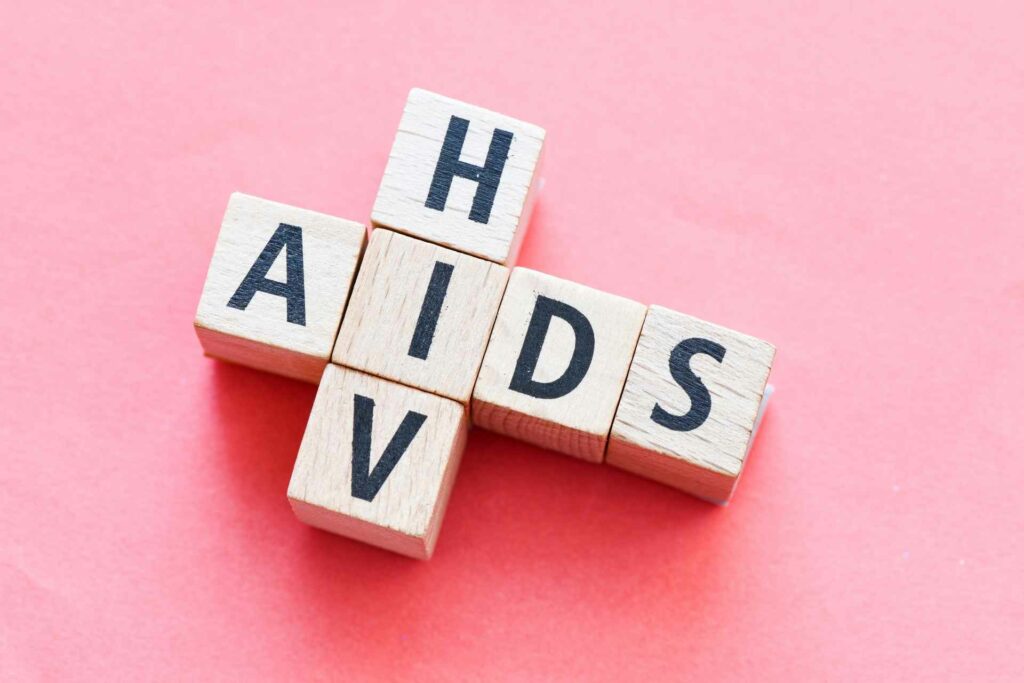CHARLESTON – The West Virginia Department of Health and Human Resources (DHHR), Bureau for Public Health, along with the Kanawha-Charleston Health Department and U.S. Centers for Disease Control and Prevention (CDC) today presented final recommendations from the CDC regarding the HIV outbreak in Kanawha County.
As part of the ongoing response to this outbreak, the CDC has been in Charleston conducting an Epi-Aid investigation to further examine access and barriers to services; assess behaviors, attitudes and beliefs of people who inject drugs and other community stakeholders; and review and analyze HIV contact tracing procedures and other data to help identify potential opportunities for public health intervention.
Recommendations were informed by qualitative interview findings that provided further insights into healthcare and services gaps and barriers experienced by people who inject drugs in Kanawha County, and analyses of public health data that describe the outbreak and experiences of people who inject drugs and are diagnosed with HIV infection in Kanawha County.
CDC’s primary recommendations for addressing the ongoing HIV outbreak focused on addressing gaps in prevention and care services for people who inject drugs. CDC emphasized that given the evidence of ongoing rapid HIV transmission, response activities should be approached with urgency.
Recommendations include:
- Expanding and improving access to sterile syringes, testing, and treatment by:
-Meeting people who inject drugs where they are by reducing barriers to participation in harm reduction programs and bringing services to them through mobile and street outreach and one-stop shop models of harm reduction services.
-Making HIV/hepatitis C testing routine with opt-out screening in healthcare and other settings where people who inject drugs may engage in care.
-Co-locating services for people who inject drugs to facilitate a seamless transition to needed support, care, and treatment for HIV, hepatitis C, substance use, and mental health services.
- Involving the community in efforts to address the outbreak through increased engagement and dissemination of information, particularly including facilitating community discussion with key stakeholders and engaging people who inject drugs in the design and delivery of programs and services.
- Conducting additional data analysis to understand the extent of injection drug use in Kanawha County and to prioritize outreach to other West Virginia counties to improve HIV testing, prevention, and care services in communities at highest risk for HIV or hepatitis C outbreaks among people who inject drugs.
CDC also provided additional recommendations, including expanding and improving harm reduction across multiple settings and care coordination, as well as outlining specific actions that could be taken by various entities including stakeholders in health departments, clinical settings, correctional settings, social services, and public safety.
Complete findings and recommendations can be accessed here. To view a slide deck of CDC’s Preliminary Findings and Recommendations, click here.
“The Bureau for Public Health is committed to assisting the community in keeping infection rates as low as possible,” said Dr. Ayne Amjad, State Health Officer and Commissioner of DHHR’s Bureau for Public Health. “The state will continue to work with its partners to implement innovative approaches to delivery of prevention and care for people who inject drugs. Once again, we express our gratitude to the CDC Epi Aid team, the Kanawha-Charleston Health Department and many others for their work, especially throughout the last month.”
DHHR’s Bureau for Public Health and partners have continued to respond to the HIV outbreak, including efforts such as forming the Kanawha Valley HIV Testing Outreach Group, providing virtual HIV counseling and testing training to non-traditional partners such as community Quick Response Team members and social service providers, and working with behavioral health providers and state opioid response grantees to integrate HIV testing and prevention into provided services.
“Kanawha-Charleston Health Department, with its partners, is aggressively pursuing HIV testing and referral,” said Dr. Sherri Young, Associate Chief Medical Officer at Charleston Area Medical Center for the West Virginia Health Network and former Kanawha-Charleston Health Department Health Officer and CEO. “We appreciate the CDC recognizing our efforts and providing these recommendations.”
For more information on HIV in West Virginia, click here.














